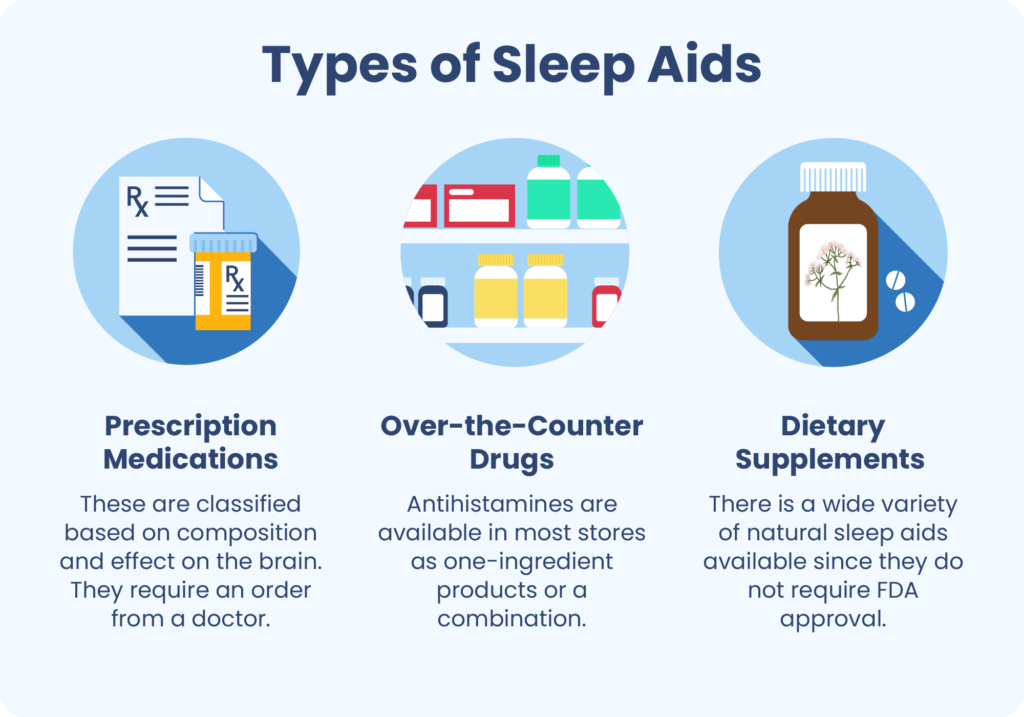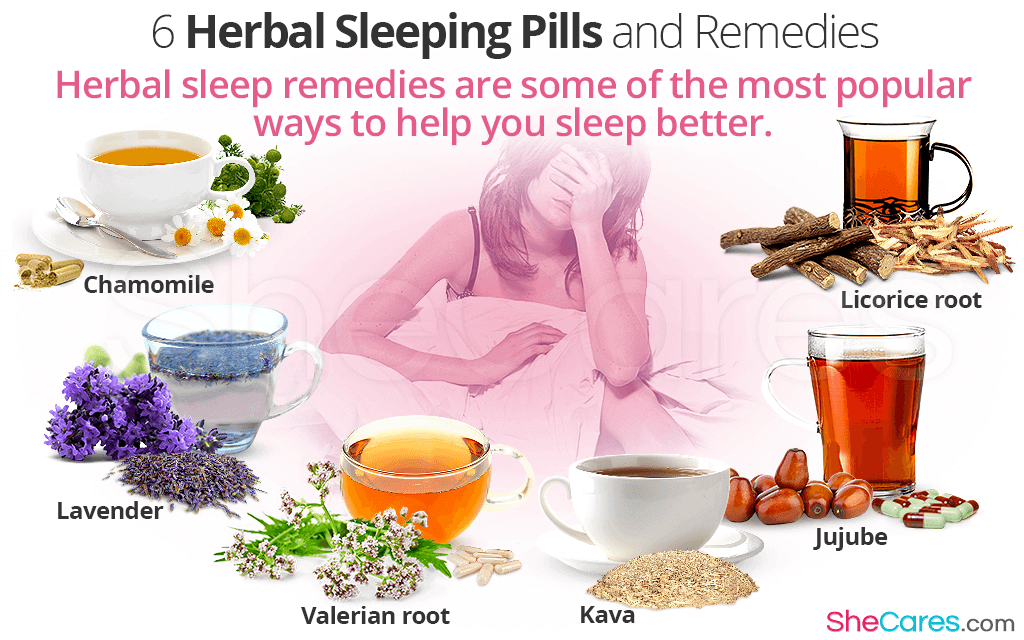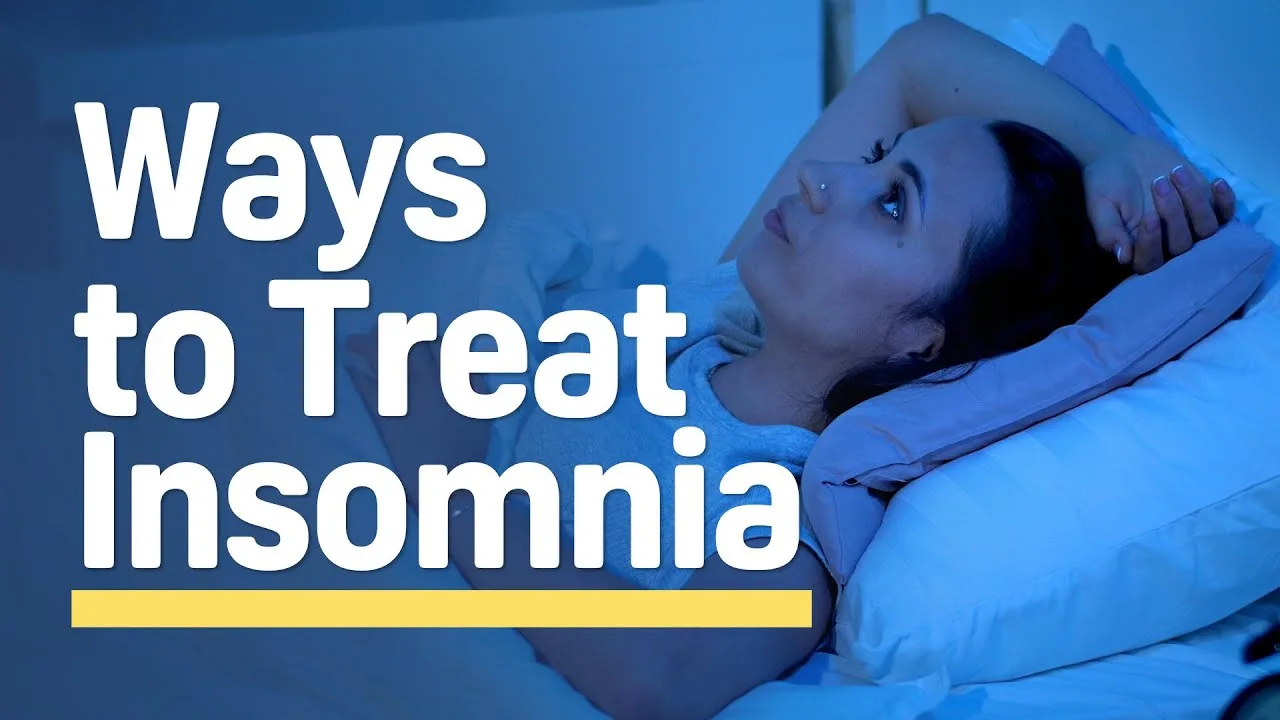Treating Insomnia: Medications, Lifestyle Changes, and Tips

Introduction
Welcome to our comprehensive guide on treating insomnia. In this article, we will explore various methods to tackle insomnia, including medications, lifestyle changes, and helpful tips. Insomnia is a common sleep disorder that affects millions of people worldwide. It can have a significant impact on your daily life, leading to fatigue, mood swings, and reduced productivity. By understanding the causes of insomnia and implementing effective strategies, you can improve your sleep quality and overall well-being. Let’s dive in and discover how to combat insomnia effectively.

What is Insomnia?
Insomnia refers to a sleep disorder characterized by difficulty falling asleep, staying asleep, or experiencing non-restorative sleep. It can be acute (short-term) or chronic (long-term). Insomnia can stem from various factors, such as stress, anxiety, medical conditions, medications, or poor sleep habits. Regardless of the cause, it is essential to address insomnia promptly to ensure a good night’s rest and maintain optimal health.

Medications for Treating Insomnia
Over-the-Counter Sleep Aids
<
Over-the-counter (OTC) sleep aids are readily available medications that can help individuals with insomnia. They typically contain antihistamines, which have sedative effects. However, it’s important to use OTC sleep aids cautiously and follow the recommended dosage, as prolonged use can lead to dependency or adverse side effects. Consult with a healthcare professional before using OTC sleep aids to determine the best course of action for your specific situation.
Prescription Sleep Medications

For severe or chronic insomnia, prescription sleep medications may be recommended. These medications often fall into two categories: benzodiazepines and non-benzodiazepines. Benzodiazepines, such as diazepam and temazepam, work by enhancing the effects of gamma-aminobutyric acid (GABA), a neurotransmitter that promotes relaxation and sleep. Non-benzodiazepines, such as zolpidem and eszopiclone, target specific receptors in the brain to induce sleep. It is crucial to use prescription sleep medications under the guidance of a healthcare professional, as they can have potential side effects and risks.
Natural Supplements

In recent years, natural supplements have gained popularity as alternative remedies for insomnia. Some common supplements used for promoting sleep include melatonin, valerian root, chamomile, and lavender. These supplements are generally considered safe but may interact with certain medications or cause side effects in some individuals. It is advisable to consult with a healthcare professional before incorporating natural supplements into your sleep routine.
Lifestyle Changes for Treating Insomnia
- Sleep Hygiene
Improving sleep hygiene is an essential component of treating insomnia. Sleep hygiene refers to the practices and habits that promote quality sleep. Here are some tips to enhance your sleep hygiene:
- Maintain a consistent sleep schedule by going to bed and waking up at the same time every day, even on weekends.
- Create a relaxing bedtime routine to signal your body that it’s time to sleep. This can include activities like reading a book, taking a warm bath, or practicing relaxation exercises.
- Ensure your sleep environment is conducive to restful sleep. Keep your bedroom dark, quiet, and at a comfortable temperature.
- Avoid stimulating activities close to bedtime, such as using electronic devices or consuming caffeinated beverages.
- Limit daytime napping to short durations and early in the day.
- Exercise Regularly
Engaging in regular physical activity can significantly improve sleep quality. Exercise promotes the release of endorphins, reduces stress, and helps regulate sleep-wake cycles. Aim for at least 30 minutes of moderate-intensity exercise most days of the week. However, it’s important to avoid vigorous exercise close to bedtime, as it may have an energizing effect and make it difficult to fall asleep.
read more about The Vitality of Regular Exercise for Optimal Health and Well-being
- Stress Management
Stress and anxiety are common culprits behind insomnia. Developing effective stress management techniques can help alleviate sleep difficulties. Consider incorporating relaxation techniques into your daily routine, such as deep breathing exercises, meditation, or yoga. Additionally, engaging in activities you enjoy, spending time in nature, or seeking support from loved ones can also help reduce stress levels and promote better sleep.
Tips for Better Sleep
Create a Sleep-Friendly Environment
To optimize your sleep environment, consider the following:
- Invest in a comfortable mattress and pillow that provide adequate support.
- Use blackout curtains or an eye mask to block out excess light.
- Wear earplugs or use a white noise machine to mask disruptive noises.
- Keep your bedroom well-ventilated and maintain a comfortable temperature.
Limit Exposure to Blue Light
Electronic devices emit blue light, which can interfere with your sleep-wake cycle. To minimize the impact of blue light on your sleep, try the following:
- Avoid using electronic devices, such as smartphones and tablets, for at least an hour before bedtime.
- Use apps or settings that reduce the blue light emitted by your devices, such as “Night Shift” or “Night Mode.”
Watch Your Diet
Certain foods and beverages can either promote or hinder sleep. Consider the following dietary tips for better sleep:
- Limit your intake of caffeine, especially in the afternoon and evening.
- Avoid consuming large meals close to bedtime, as they can cause discomfort and disrupt sleep.
- Choose sleep-promoting foods, such as whole grains, lean proteins, fruits, and vegetables.
- Stay hydrated throughout the day, but avoid excessive fluid intake before bedtime to prevent disruptive trips to the bathroom.
FAQs about Treating Insomnia
Q: Are there any natural remedies that can help with insomnia?
A: Yes, several natural remedies can aid in improving sleep. These include establishing a regular sleep schedule, practicing relaxation techniques, using aromatherapy with lavender essential oil, and trying herbal teas like chamomile.
Q: Can exercising in the evening negatively affect sleep?
A: Engaging in vigorous exercise close to bedtime may increase alertness and make it harder to fall asleep. It’s generally recommended to finish your workout at least a few hours before bedtime.
Q: Is it normal to wake up multiple times during the night?
A: Waking up briefly during the night is normal, but if you struggle to fall back asleep or experience frequent awakenings that impact your overall sleep duration, it may be a sign of insomnia.
Q: Should I take sleep medication for insomnia?
A: Sleep medication should be used under the guidance of a healthcare professional. It is typically recommended for short-term use or when other methods have not been effective. Long-term use should be avoided due to potential side effects and dependency.
Q: Can stress and anxiety cause insomnia?
A: Yes, stress and anxiety can significantly impact sleep quality and contribute to the development of insomnia. Managing stress through relaxation techniques and stress-reducing activities can help alleviate insomnia symptoms.
Q: What is the recommended amount of sleep for adults?
A: Most adults require between 7-9 hours of sleep per night to function optimally. However, individual sleep needs may vary.
Conclusion
Insomnia can be a challenging condition to deal with, but with the right approach, it is manageable. By implementing a combination of medications, lifestyle changes, and helpful tips, you can improve your sleep quality and overcomeinsomnia’s grip on your life. Remember to consult with a healthcare professional to determine the best course of action for your specific needs. Incorporate the suggested lifestyle changes, such as practicing good sleep hygiene, exercising regularly, and managing stress effectively. Additionally, explore natural remedies and consider the use of sleep aids under professional guidance.
With dedication and a comprehensive approach, you can take control of your sleep patterns and enjoy restful nights once again. Prioritize your well-being by prioritizing quality sleep. Say goodbye to restless nights and embrace the rejuvenating power of a good night’s rest.










 Viesearch - The Human-curated Search Engine
Viesearch - The Human-curated Search Engine

91 Comments